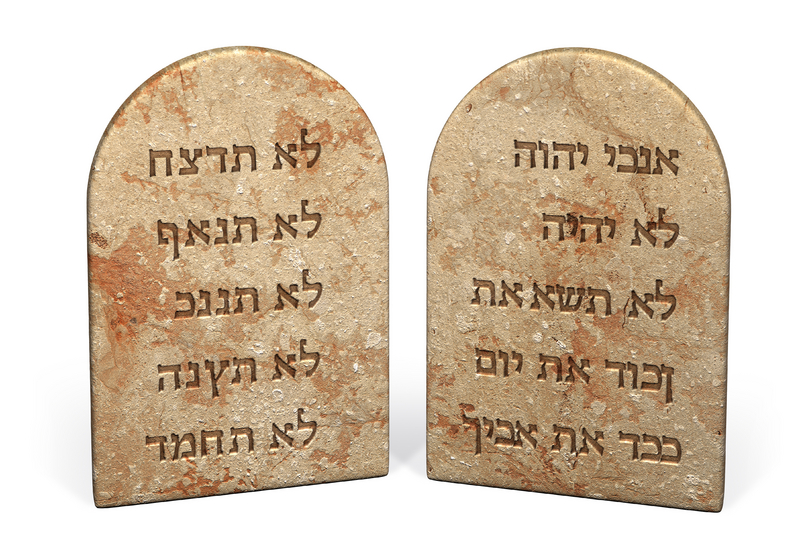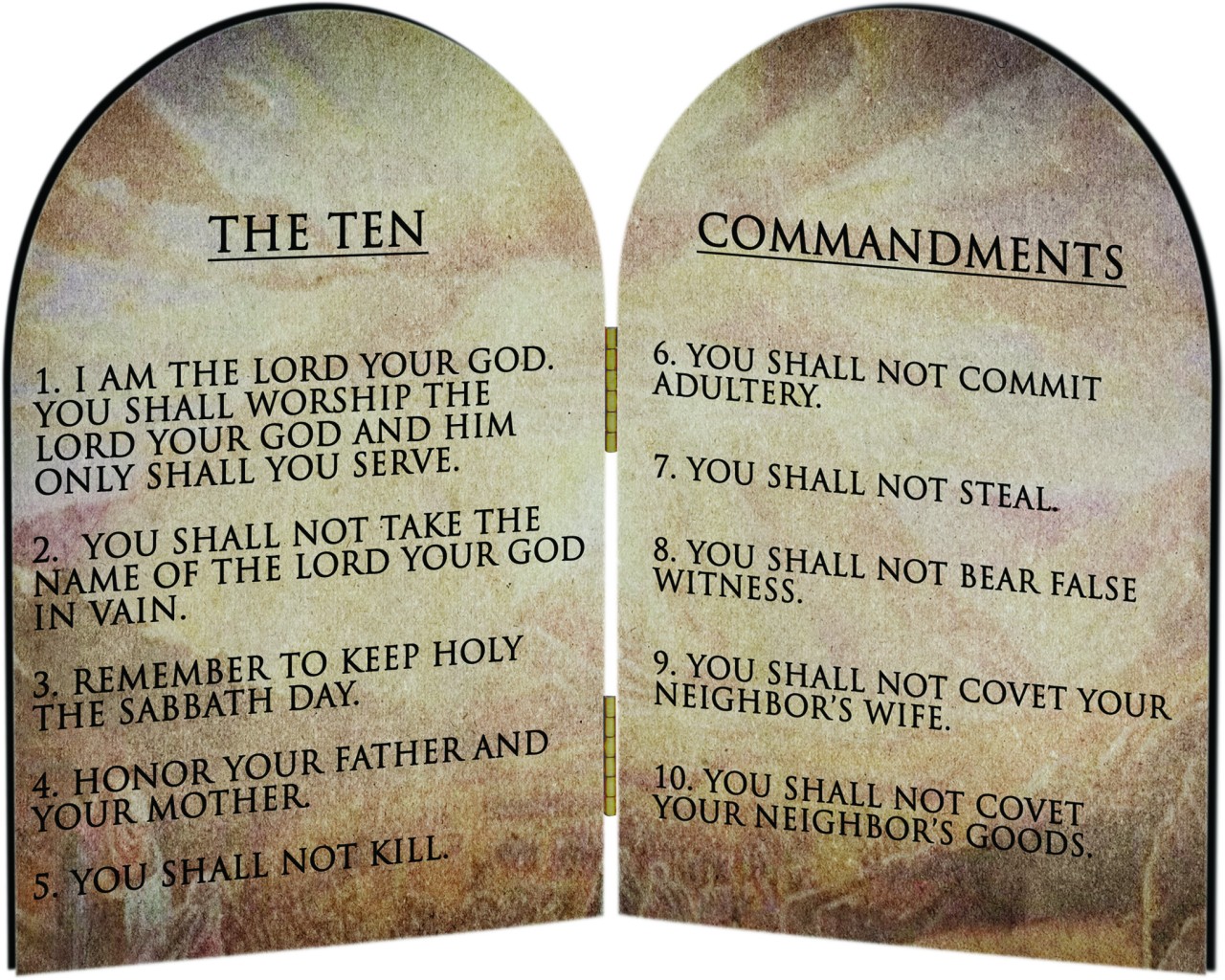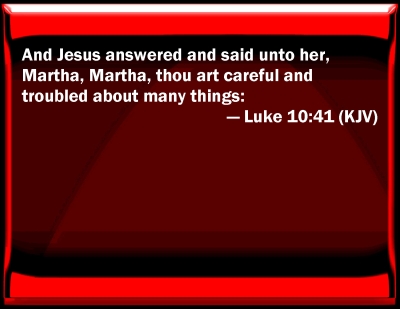“Old-fashioned Bible-believers are a bit irritating to prophets of the new school. But to all the elite and the literati who resent our presence we would say, somewhat like Paul in the Philippian jail, “Do thyself no harm: for we are all here” (Acts 16:28)!”
~Vance Havner
“If I were a non-Christian and dropped into the average church during a so-called revival, and saw a fraction of the membership trying to get more recruits for the army of the Lord when most of the outfit had already gone AWOL, I would conclude either that Christianity is not what it is supposed to be or else we have been sold a cheap and easy brand – inoculated with a mild form until we are almost immune to the real thing.”
~Vance Havner
Living Permanence
By Vance Havner
He shall be like a tree planted by the rivers of water.
Psalm 1:3
The righteous man is not like a tombstone but like a tree. A tombstone is permanent, but it is dead permanence. A tree has living permanence, it is planted, not merely put, by the rivers of water.
The Psalmist said, “My heart is fixed.” Some saints have fixed heads, they are steadfast and unmovable, but it is the fixity of stubbornness and obstinacy. “Nothing is more like real conviction than simple obstinacy.” So much of orthodoxy is the tombstone kind. We tend to petrify. Religious movements run a certain course – a man, a movement, a machine, a monument. Churches tend to become like trees in the Petrified Forest instead of living trees by the rivers of water
Our faith, too, must be like seed, not sand, for living permanence endures because it perpetuates itself. A stone remains a stone. The Gospel reproduces itself from life to life. Christ lives from generation, not only in heaven but in the hearts of His people.
The Living God
by Pastor Cornelius R. Stam
“My soul thirsteth for God, for the living God” (Psalm 42:2).
The “God is dead” theory has little true comfort or satisfaction for men in trouble or sorrow.
For years we supposed that the term “the living God,” in the above passage, had reference to God’s power to help, in contrast to the impotence of dead heathen idols. A careful examination of the context, however, leads us to believe that it has rather to do with His ability to respond. The gods of the heathen, by contrast, were like children’s dolls; they could not even change their countenance or respond in any way.
“The idols of the heathen are silver and gold, the work of men’s hands.
“They have mouths, but they speak not; eyes have they, but they see not;
“They have ears, but they hear not, neither is there any breath in their mouths” (Psalm 135:15-17).
But the true God is a living God. He does see, hear and respond. The Psalmist, in Psalm 42, compares himself to a stag, panting with thirst. It is sometimes supposed that the scene is one of a stag pursued in the chase, but the passage says nothing of this. Palestine is a dry land and entirely apart from being hunted down, a deer might well pant for streams of running water.
Be this as it may, the stag, in this passage, is not seeking for help; he is thirsting for refreshment, and so did the Psalmist long for the refreshment of fellowship with God, the living God.
How wonderful it is that we may know the living God through faith in Christ! This is why the Apostle Paul declares in Hebrews 10:19:
“Having therefore, brethren, boldness to enter into the holiest by the blood of Jesus… a new and living way, which He hath consecrated for us through the veil, that is to say, His flesh. “
By His death at Calvary our Lord tore away the veil that kept us from entering into God’s presence, and now in response to our need He says:
“Let us therefore come boldly unto the throne of grace, that we may obtain mercy, and find grace to help in time of need” (Hebrews 4:16).
Yes, God is a living God!
With or Against?
By Vance Havner
He that is not with me is against me; and he that gathereth not with me scattereth abroad.
Matthew 12:30
It is not correct to ask, “What will you do with Jesus?” Rather, the issue is, “What are you doing about Him now?” There is no neutral ground. We are with Him or against Him. And we gather or scatter.
There are no “inactive” church members. A pastor whose flock numbered one hundred was asked how many active members he had. “One hundred,” he replied; “Fifty active for me and fifty active against me.”
It is not possible to be inwardly and secretly for Christ without being active for Him. “I never work at my religion, but I am not against Christ.” Yes, you are. If you are not gathering you are scattering. If you are not working in some way with the Great Gatherer, winning souls and fishing for men, you are an instrument of division, opposed to the only true unifying force in the universe.
Gatherers and scatterers – it comes down to that, and there are only two kinds of people. The first half of our verse sets forth the real issue today – “with me, against me” – Christ or Antichrist. And we are either Christians or Anti-christians, not just non-Christians.
Are you with Him or against Him? If you gather not with Him you scatter abroad.
Thank God Day by Day
March 29, 2015
Praise be to the Lord, to God our Savior,
who daily bears our burdens. — Psalm 68:19
In Judaism, the blessings we say over food are very specific. For example, there is a blessing designated for fruit and an entirely different blessing for vegetables. There is a special blessing for grape products like juice or wine, and another for bread. Then, there is a separate blessing for cake, cookies, and other products made with flour other than bread. And finally, there is a blessing for everything else, which covers any food if one is not sure what blessing to say.
Why is the Jewish system of blessings so complicated? One might suggest that we should simply recite that final, all-inclusive blessing for all food and leave it at that. Why do we need so many variations of blessings for food?
The answer is because each kind of food contains different elements for which we can be grateful. When I am grateful for a sweet apple, it is a very different sensory experience than the experience that comes with praising God for a fresh slice of bread. Indulging in a slice of chocolate cake and biting into a carrot are both experiences to be thankful for, but they are very different. Giving gratitude is a practice of the senses and a reminder that we need to be sensitive to all the different ways that God has blessed us.
With that background, let’s look at verse 19 of Psalm 68. It reads: “Praise be to the Lord, to God our Savior, who daily bears our burdens.” However, to appreciate the Jewish teaching on this verse, we need to look at the literal translation of this verse: “Blessed is the Lord, day by day. He provides for us, the God Who delivers us, always.”
The Jewish sages explain this verse teaches us that today’s gratitude must be different from yesterday’s. Tomorrow’s praise must be different than today’s. Just as each kind of food has its own special element for which we are grateful, so, too, every day has something unique for which to be thankful. We need to bless God “day by day” because every day brings a new blessing.
In Lamentations 3:22–23 (ESV) we read, “The steadfast love of the LORD never ceases; his mercies never come to an end; they are new every morning.” What a beautiful thought! God showers us with new blessings every morning, and so we must be thankful anew every single day.
No matter how good or how bad your life might seem right now, there is always something to be grateful for. God is giving you a gift every day; you just need to look for it. Once you’ve discovered it, rejoice and praise God for it!
With prayers for shalom, peace,
Rabbi Yechiel Eckstein
“We speak of “breaking the laws of God” but actually we cannot break them. If you jump from the Empire State Building you don’t break the law of gravitation – you just break your neck! The Ten Commandments stand today, unchanged and unchangeable. When we violate them, we suffer. What we sow, we reap. God is not mocked. When we crash into the pillars of God’s eternal principles, we are smashed but the pillars remain standing.”
~Vance Havner
When the Crash Comes
By Vance Havner
And there was a day…
Job 1: 13
And what a day that was! Job’s possessions and children swept away within a few hours! It was such a day as Jacob had when his sons reported Joseph slain. Such a day as came to David with the death of his beloved Absalom.
There will come such days. Very few escape them. Castles tumble. The savings of a lifetime vanish. The doctor says there is no hope.
When the crash comes Jacob may lament, “All these things are against me.” But, later, Joseph may say, “Ye thought evil…but God meant it unto good.”
The grace of God is sufficient for the disastrous day as well as for the drab day when nothing happens. Our Lord asked that His disciples be kept by the Father (John 17:11), and they were. Yet they were not spared adversity and for most of them there was violent death. He dept them and none was lost save the son of perdition. His keeping may include days when all seems to collapse. The body, even the mind, may fail. But He takes care of the real “us,” though the outward man perish.
It was an awful day for Job. But it led to his greatest day, when he saw God.
“Three are two cities in Revelation – Babylon and the New Jerusalem. Some think they are helping to build the Holy City when they are really preparing Babylon for Anitchrist. My civic pride is in no earthly metropolis. It is in “that pearly white city that’s soon coming down.””
~Vance Havner
The Divine Mirror
by Pastor Cornelius R. Stam
In the divine Mirror, the Bible, we may behold ourselves or we may behold Christ.
It is well to use it first to behold ourselves and see the ruin sin has brought. But let us not stop here. Let a man look into a mirror and find the sun in it and the glory will be reflected in his face. And so it is with the Word. When we see ourselves in it we must necessarily be disappointed, but when we look for Him in the Word and find Him there, His glory casts its reflection upon us!
What need have we then to hide our faces? If David could say, “They looked unto Him, and were lightened: and their faces were not ashamed” (Psalm 34:5), how much more should this be said of us! We know, or should know, more of Him than those of David’s day, and those Scriptures specially addressed to us send us forth, not to proclaim God’s righteous demands, but to proclaim Christ, the righteous One, who met these demands at Calvary and offers justification and life to all.
And as, in our study of the Scriptures, we turn from the shame of man to the glory of Christ; as we behold Him and see all we have and are in Him, we become constantly more like Him, “changed into the same image from glory to glory” (II Corinthians 3:18).
God’s Finished Product
By Vance Havner
The Lord will perfect that which concerneth me.
Psalm 138:8
I have heard of a little boy whose sailor father was coming home to see him. The youngster worked the afternoon long trying to carve a ship model from a block of wood. He fell asleep, with very little success achieved for all his whittling. That night his father came, removed the block of wood and put in its place a real wooden ship exquisitely carved and rigged or perfection.
Your life and mine often bears poor resemblance to the Perfect Model. At our best we are like the carving of the little boy. But one day we shall awake in His likeness and see Him as He is. And we shall find that we bear the image of the heavenly. He who has begun a good work in us in regeneration will perform it in sanctification until the day of Jesus Christ in glorification. We were predestinated to be conformed to the image of God’s Son, and God will make of us a finished product and a perfect creation.
It will be great to awaken in the morning and find that we are just like Jesus!
Cheer up, my brother. He will perfect that which concerneth you!
When Everything Goes Wrong
By Vance Havner
Thou art careful and troubled about many things.
Luke 10:41
I do not know what had gone wrong in the kitchen, but it was “one of those days.” Not a drab, uneventful day – plenty happens on these distracting days, when we seem to have got out on the wrong side of the bed. All day long we are vexed and pestered by the mosquitoes of petty care. Everything seems to have determined to be perverse. Tempers flare, nerves are strained, we “Feel like we could scream.”
Some people can stand big troubles better than this variety. They rise to the crash and disaster, but the wear and tear of petty distractions overcome them. And yet perhaps it is a greater victory to overcome these little aggravations than to face nobly a gigantic trial.
There is grace for these days too. We may be kept in perfect peace if our minds are stayed on Him. These dwarfish demons can do our testimony more harm than the onslaught of an oversized devil. The breakfast table may call for more grace than the Lord’s table on Sunday morning. Instead of depending on two cups of coffee making you fit to live with, get a good start at the feet of the Lord of “all the days.”






















Leave a Reply, please --- thank you.